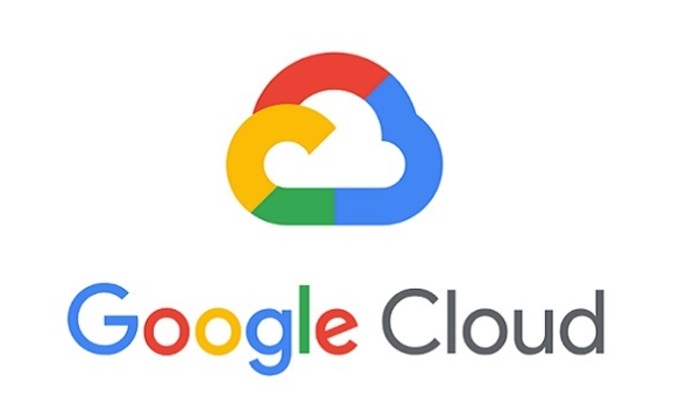
Google shoots for "limitless" data with Big Cloud and new alliance
Google has announced the preview of a new storage engine aimed at making it easier for enterprises to analyse the information in their data lakes and data warehouses, without having to worry about the underlying storage format or systems.
Known as BigLake, Google touts the product as a unified storage engine designed to provide a single, unified interface and uniform fine-grained access control across any storage layer, including mu...
To continue reading this article...
Join Computing
- Unlimited access to real-time news, analysis and opinion from the technology industry
- Receive important and breaking news in our daily newsletter
- Be the first to hear about our events and awards programmes
- Join live member only interviews with IT leaders at the ‘IT Lounge’; your chance to ask your burning tech questions and have them answered
- Access to the Computing Delta hub providing market intelligence and research
- Receive our members-only newsletter with exclusive opinion pieces from senior IT Leaders




















